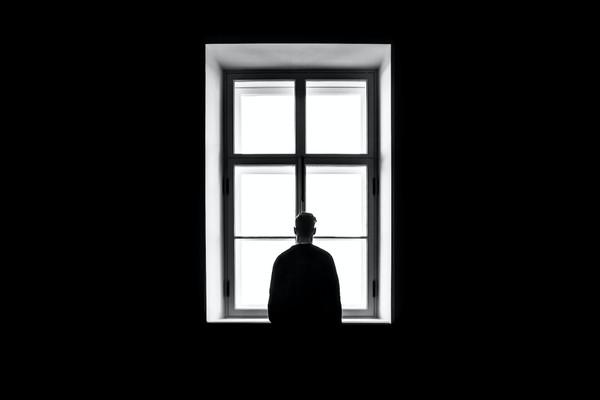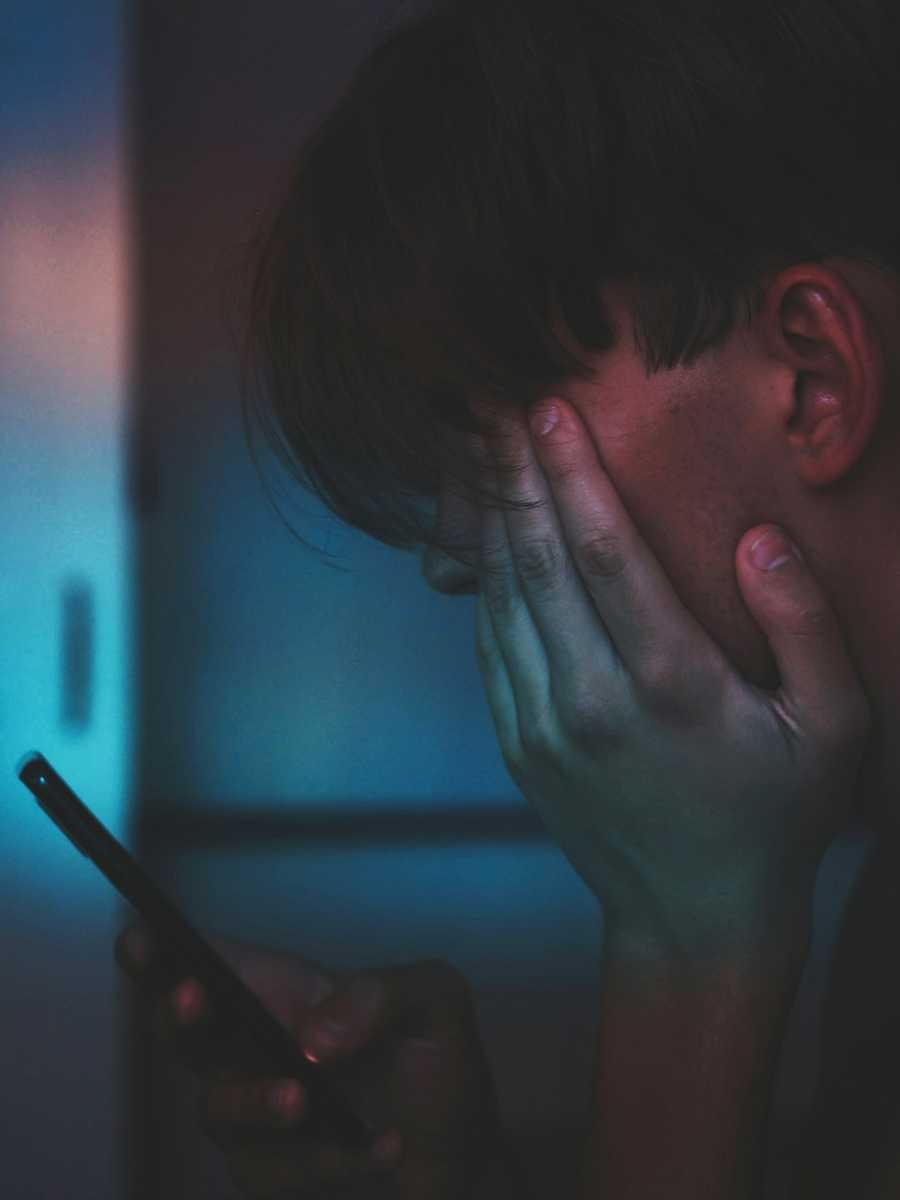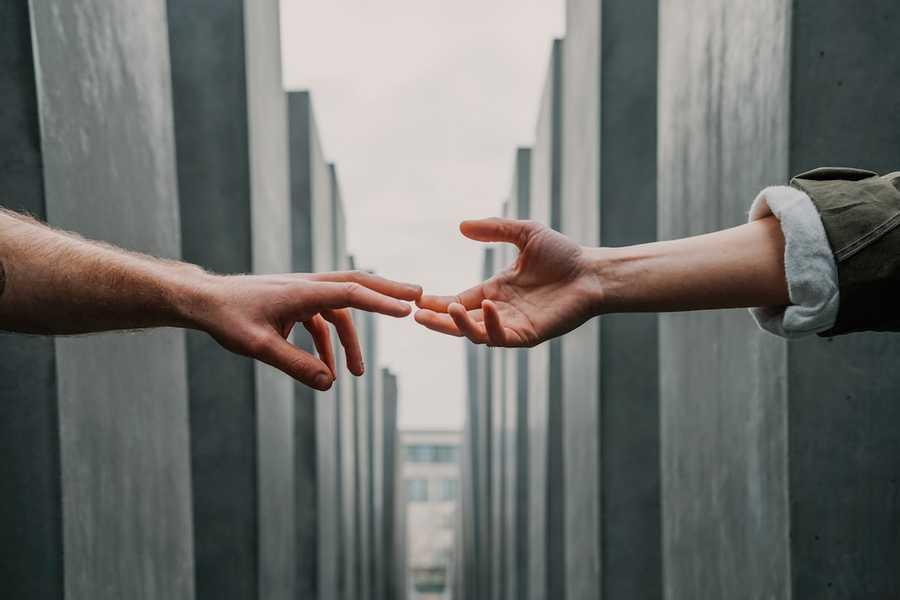Why do we feel lonely?
Curated from: ankitkhnna.medium.com
Ideas, facts & insights covering these topics:
14 ideas
·5.58K reads
23
Explore the World's Best Ideas
Join today and uncover 100+ curated journeys from 50+ topics. Unlock access to our mobile app with extensive features.
Misconception
Loneliness is not same as being alone, and it doesn’t have to do anything with your social skills, the number of friends you have, or the amount of money you possess. It is a universal feeling that is subjective for each individual.
78
610 reads
Reality
Everyone feels lonely from time to time. It is something hardwired in us for thousands of years now.
80
619 reads
Acceptance
Being social animals, humans can interact with each other like no other living species ever imagined. We are developing rapidly, and in the last one hundred years, we’ve discovered many ways to stay connected with our loved ones. With the help of technology, we can call someone hundreds of miles away and connect with them instantly. We have laptops, mobile phones, and tons of other gadgets to make us feel less lonely. And yet, various studies show loneliness is increasing over time among people across the globe. So, why is it happening?
80
417 reads
Evolution
To understand it, we will first have to understand how evolution works. The evolution of a species is a slow process that happens by natural selection. It happens over the generations in a way where upcoming generations by default possess the traits which helped their ancestors to survive. For example, walking on two legs, feeling restless when you’re hungry, or itchy when you have to go to pee.
77
376 reads
History
For thousands of years, people used to live in small groups of 50 to 150 members. Each group was one big happy family. They all hunted together and gathered food and shelter for the whole group. For someone who was not a part of any group, survival was hard. There were wild animals, lesser food, and no one to take care of their kids if they fell sick. Being a part of the group was a sign of a secured future and offered good chances of survival.
79
346 reads
Urge
Due to this, everybody wanted to be liked by other members of a group. Staying away from others and having no physical contact with them was risky. This developed fear in the human brain and our body came up with an idea of social fear to avoid it. Loneliness is nothing but a by-product of that fear.
79
325 reads
Industrialisation
Before the industrial revolution that took place in the 18th century, people used to stay at home. They worked on farms and returned to their families at night. With the rise in factories and industries, we started traveling to cities for a better lifestyle. The focus was turned from a group to an individual. As a result, joint families turned into nuclear families, and close relatives turned into extended families.
77
277 reads
Relocating
Since then, we’re becoming modern so rapidly that our bodies are not capable of coping with that speed. We are relocating for jobs, changing schools/colleges, and switching careers. Everyone is leaving a social circle behind to find a new one, which isn’t easy. We are gaining more and more social connections, but losing close connections.
80
281 reads
Struggle
We’re always busy with careers and responsibilities, and we have no time to form close bonds. Because of huge competition and desire for recognition, we now find it hard to trust others. We keep on pushing our boundaries until one day we wake up and realize that we’ve got no one by our side.
80
292 reads
Consequences
Slowly and gradually, this temporary loneliness turns into a chronic condition that may result in depression or some other serious mental health problem. Once you reach this stage, you start pushing people away. It becomes difficult to think with a rational mind and decide whom to trust. You start doubting the intentions of every person around you. A genuine help from someone feels like a favor done in an expectation of something in return. You start acting normal and happy just to avoid looking vulnerable.
78
278 reads
Suppressing your true feelings will make things worst and you may end up doing something horrible. It may sound like an exaggeration, but it is true and more frequent than one can imagine. Almost every one of us has our biggest regrets from the time when we had no one to talk to, and we did something wrong in the heat of a moment. This can be avoided simply by helping others and accepting the help you need.
79
297 reads
Solution
Put your ego aside and communicate with others. You don’t need any expertise or special qualification to show empathy. Just pick up your phone, and call that friend you haven’t talked to since college farewell. Text your ex and give them the closure they deserve. Pay a surprise visit to your parents living in a town. Thank your spouse more often. Send a gift to your child studying abroad. Sit with a random stranger in a coffee shop, a park, or a bar and listen to their story.
88
308 reads
IDEAS CURATED BY
CURATOR'S NOTE
Loneliness is a silent killer. It may result in depression and various other mental health issues. Let's understand it and fight it together.
“
Ankit Khanna's ideas are part of this journey:
Learn more about personaldevelopment with this collection
Improving sleep through mindful breathing exercises
Practicing stress reduction and relaxation techniques
Establishing a relaxing bedtime routine
Related collections
Similar ideas
5 ideas
What to Do When You Feel Lonely in a Crowd
elemental.medium.com
17 ideas
How Do I Stop Feeling Lonely Right Now?
cosmopolitanmindset.substack.com
4 ideas
Why do you feel lonely? Neuroscience is starting to find answers.
technologyreview.com
Read & Learn
20x Faster
without
deepstash
with
deepstash
with
deepstash
Personalized microlearning
—
100+ Learning Journeys
—
Access to 200,000+ ideas
—
Access to the mobile app
—
Unlimited idea saving
—
—
Unlimited history
—
—
Unlimited listening to ideas
—
—
Downloading & offline access
—
—
Supercharge your mind with one idea per day
Enter your email and spend 1 minute every day to learn something new.
I agree to receive email updates



